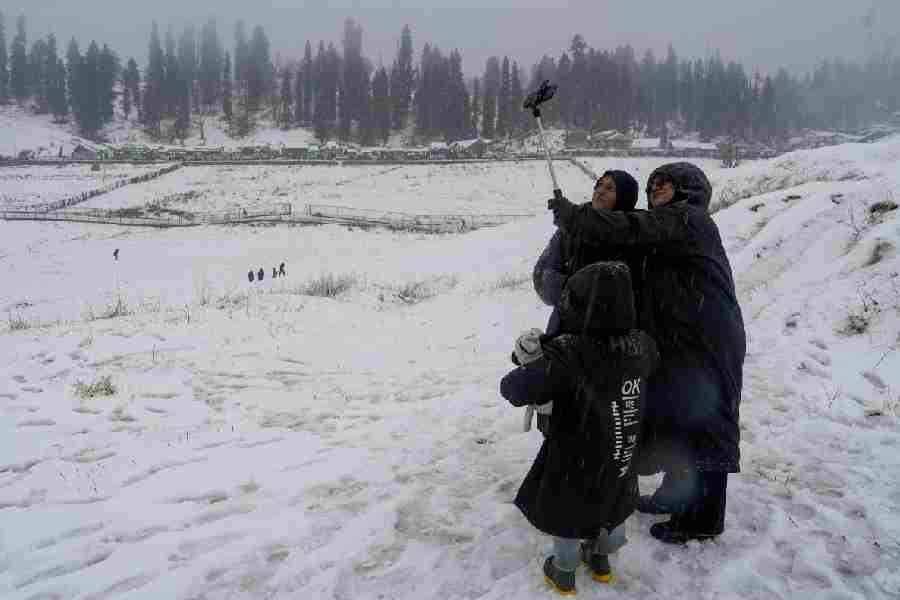Bhubaneswar, June 27: The higher education department has decided to increase 15 per cent seats at the peripheral Plus Two colleges, above their existing strength, to cater to local students.
This is being done to ensure that candidates applying to non-government colleges do not lose out on seats during admission. Further, the number of matriculation pass-outs in such peripheral areas has also gone up, which makes the seat increase imperative.
The number of successful candidates in the matric exams has increased by 60,000 this year. Even the number of applications for Plus Two has soared to 4.67 lakh from 4.07 lakh students last year.
“Under such circumstances, it was decided that there would be an additional 15 per cent reservation for local students above the sanctioned strength. The proposal has received the chief minister’s nod,” said Mihir Das, nodal officer of e-admissions.
Students passing out of high schools from the blocks can apply for such seats only after the final selections are over.
“The applications would be considered only if all the seats in the college is exhausted and there are more than 10 local applicants for the particular college. In such a case, the college would be accorded the permission to add 15 per cent more seats,” said Das.
In case of too many applicants, students would be selected on merit basis. However, the arrangement is only applicable for 2013-14.
“We will consider continuing the procedure as per requirements next year,” he said.
The Council of Higher Secondary Education would then approve the newly added seats. There are 1,387 Plus Two colleges in the state. While the sanctioned strength was 3.16 lakh last year, it was increased to 3.24 lakh this year.
“All the regional directors of higher education have been instructed to provide us a list of colleges where the seats can be increased,” Das said.
The move is expected to encourage students to take admission in colleges closer to their houses.
“Records of the past few years show that many students do not take admissions at colleges far away from their houses. The problem is acute in case of female students as parents hesitate to send them to distant places owing to safety reasons. Hopefully, this decision will solve such problems,” said a higher education official.










